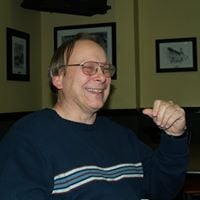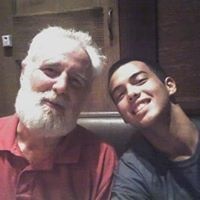Who said, "Science without religion is lame, religion without science is blind"?
“Science without religion is lame, religion without science is blind.” This quote is often used to show both Albert Einstein's religiosity and his belief in the compatibility—indeed, the mutual interdependence — of science and religion. Einstein's very good friend and colleague, Michele Besso (a Swiss/Italian engineer) when noting Einstein's idea about religion and science said, “If you understand Einstein, it would not be difficult for you to come to an agreement on how we can define science and its true nature."
Experts in the two fields (religion and science) have said, "Religion is a collection of beliefs, morals, ethics, and lifestyles while science is a collection of knowledge of natural phenomena and human behavior proved or disproved through analysis and evidence. Science does not deal with morals or beliefs which are not proven."
Albert Einstein (1879—1955) was born at Ulm, in Württemberg, Germany. He was a physicist who developed the general theory of relativity and was considered one of the most influential scientists of the 20th century. In 1921, he won the Nobel Prize for physics for his explanation of the photoelectric effect. In the following decade, he immigrated to the U.S. after being targeted by the German Nazi Party.
Since Einstein’s death, a veritable mountain of books have been written on the iconic man's life, including "Einstein: His Life and Universe" by Walter Isaacson and "Einstein: A Biography" by Jürgen Neffe, both from 2007.
More Info:
todayinsci.com


